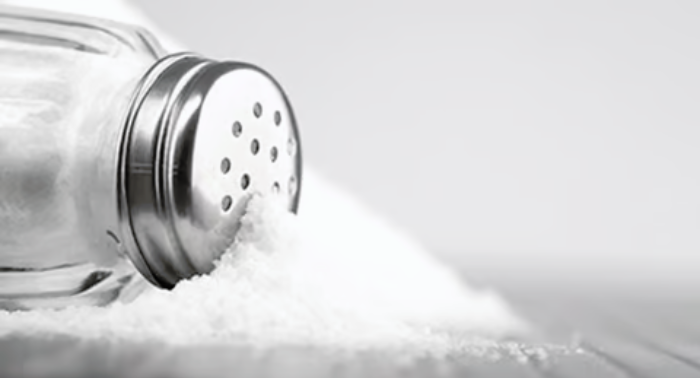A recent study reveals that reducing sodium intake is crucial for managing heart disease, yet the majority of heart patients struggle to limit their salt consumption.
Researchers found that, on average, individuals with heart disease consume more than twice the recommended daily amount of salt. While sodium is necessary for human health, excessive intake can elevate blood pressure, leading to damage to blood vessels and increased strain on the heart. Additionally, high salt intake can contribute to fluid retention, exacerbating conditions like heart failure.
According to U.S. Dietary Guidelines, heart disease patients should aim to restrict sodium to 1,500 milligrams (mg) per day, with healthy individuals advised to consume less than 2,300 mg/day. However, the study, which surveyed over 3,100 heart patients, revealed that nine out of ten participants exceeded the recommended maximum of 1,500 mg/day.
In fact, heart patients consumed an average of 3,096 mg/day of salt, only slightly lower than the national average of 3,400 mg/day reported by the U.S. Centers for Disease Control and Prevention. Lead researcher Dr. Elsie Kodjoe, an internal medicine resident at Piedmont Athens Regional Hospital, noted that this relatively small difference in sodium intake suggests heart patients are not significantly reducing their intake compared to the general population.
Analyzing dietary data from heart patients who participated in the National Health and Nutrition Examination Survey, researchers highlighted the challenges heart patients face in estimating salt content in store-bought items or takeout meals.
Kodjoe emphasized the need for practical solutions to help individuals adhere to low-sodium diets, suggesting potential strategies such as providing easier methods for estimating dietary sodium levels or reducing sodium content in food at the source.
The study, presented at the American College of Cardiology (ACC) annual meeting in Atlanta, found no significant differences in salt intake based on income, gender, race, or education.
To improve heart health, individuals from all backgrounds are encouraged to prepare more meals at home, where salt levels can be better controlled. Reading food labels carefully and limiting consumption of high-sodium foods can also aid in reducing sodium intake.
Kodjoe stressed the importance of adhering to sodium guidelines, noting that it is one of the simpler strategies individuals can adopt to reduce the burden of cardiovascular disease on both individuals and healthcare systems worldwide.




